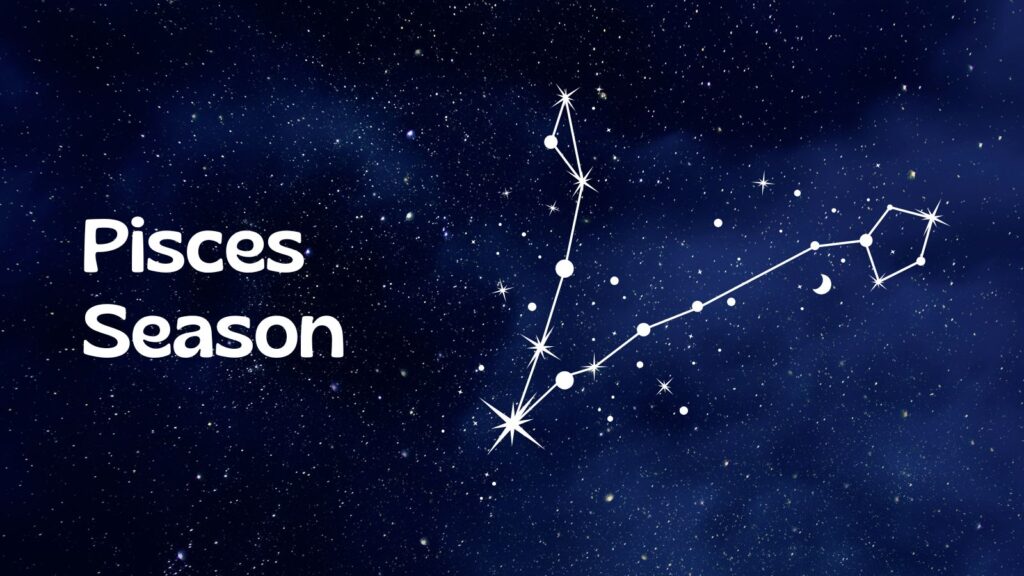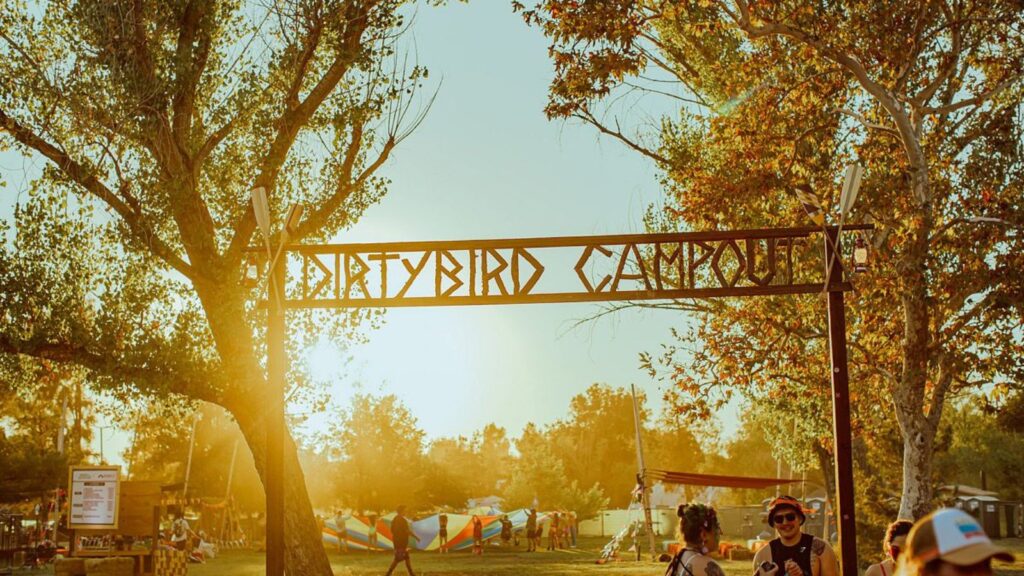Dennis McKenna was already deep into psychedelics when he first tried ayahuasca in 1981. He and his brother Terence had traveled to the Colombian Amazon ten years prior in search of oo-koo-he, psychedelic beans that come from the Anadenanthera peregrine tree. Instead, they discovered a psilocybin-containing mushroom called Stropharia cubensis, launching their careers as luminaries in the psychedelic field.
McKenna returned to the region, as a graduate student at the University of British Colombia, beginning his lifelong relationship with ayahuasca—or a sacred plant teacher, as he calls it. The message of ayahuasca to humanity is a clear one, he says: “Wake up!” Wake up to your relationship to nature. Wake up to the responsibility we all have to care for the planet. And, most importantly, take action.
He’ll be speaking on this topic and others this summer at the World Ayahuasca Conference in Spain. We sat down with him for a preview.
Shelby Hartman: I was hoping we could start by discussing the theme of the conference this spring. The first day will focus on the role that plant medicines play in individual consciousness and healing. Then, it will move from the individual to the community and, finally, finish by discussing how ayahuasca can be used a tool to create a better world. In that spirit, if it’s not too personal, I thought we could begin by talking about your own first experiences with ayahuasca since you, after all, are an individual.
DM: Probably my first really meaningful experience was when I took ayahuasca with the UDV, which was one of these Brazilian churches that used it. It was right after a conference that they had organized in Sao Paolo. After the conference, there were about 500 people there in a temple. They conducted it a lot like a church service. I had an experience about photosynthesis which was really meaningful for me. I’m a botanist, right? So the meaning of photosynthesis really came home, how important it is as what sustains life on earth. It sounds strange to recall it, but I got to participate in photosynthesis. I was a water molecule, water being one of the reactants in photosynthesis. It was very profound, because you wouldn’t think that a sort of participatory lesson in biochemistry would have an emotional impact, but, in fact, it did very much for me. That was years after my first experience though. I did my graduate work in 1981 and didn’t go visit the UDV until 1991.
It’s interesting that you say that your initial experiences with ayahuasca didn’t have much of an impact on you, because you weren’t ready to relinquish control to the plant. To what extent do you think the individual versus the plant has control over the experiences that unfold?
Ayahuasca is interesting in that it really does work on all levels. It relates to the individual, it relates to the culture—there’s always a cultural context, and then there’s the planetary context, which is more the co-evolutionary context that, as a biologist, I’m most interested in. The fact that we are in a process of co-evolution and symbiosis with ayahuasca, and these other teacher plants. Ayahuasca seems to have stepped up and become the most upfront at the moment, trying to convey the message.
What is the message?
The message is basically “wake up!” You know, we’re wrecking the planet. I do think that my ayahuasca experiences and other experiences have led me to think that the Gaia concept, the idea that the earth itself is an organism and that the earth itself is intelligent, this is not new age claptrap. There’s a lot of scientific evidence to support this and I think the earth, as a whole, the biosphere, as you will, is a super organism and it reacts to situations in the environment to preserve life. That’s why the parameters that support life on the planet have existed within broad limits for 3.8 million years, because life is actively regulating that and we are threatening those because we’re pushing the envelope on so many levels. The big one is greenhouse gases. We’re emitting so many megatons of greenhouse gases into the atmosphere that it’s actually destabilizing because the plants, which sequester carbon dioxide, can’t keep up. And, at the same time, we’re burning the rainforest, which is an enormous carbon sink, and releasing all the carbon that’s been sequestered in that biomass for, you know, millions of years so it’s a double whammy. I think Gaia is basically speaking to us through these plant teachers, through these messenger molecules, to try to get us to wake up a little, to understand our relationship with nature and then hopefully to change our behavior in positive ways.
Just to play the devil’s advocate here, it’s not surprising that someone like you, who is a botanist and already cares deeply about the planet, would have a revelation about photosynthesis and about the importance of caring for the environment. Do you think this is a message, though, that’s being conveyed universally to people who drink ayahuasca?
It’s a complicated thing. The message is the message. I think people get that message on various levels. Co-evolution isn’t necessarily a smooth process. So what you’re seeing really is an expression of co-evolution, but it’s expressed through different cultural filters. You have the global mass culture that is coming into contact with these indigenous and much more fragile, traditional cultures and it doesn’t always end well. Because of the cultural context, there’s often conflict. I mean, being the primates we are, we don’t always approach it in the most intelligent way or respectful way, but I think that’s the price you pay, really. There’s no stopping ayahuasca tourism and I’m not even sure we want to. The ayahuasca tourism on some level is people reaching out because they personally, I think, find that their lives are spiritually impoverished. I think most people who bother to push themselves out of their comfort zone and go to South America to seek ayahuasca, they’re not looking for kicks, they’re not that type of person, they’re looking for answers, which is a different thing. They’re looking for profoundly meaningful experiences that will help with their spiritual development and you can’t really have these experiences without also learning about the cultural context that you find yourself in and, what I would call, the biological context, the actual fact that there is symbiosis going on here and co-evolution. These are processes that have been expressed over hundreds of thousands of years. Science has only known about ayahuasca for about 150 years and so it’s a very small slice of time in which this has sort of been the subject of scientific inquiry, but the relationship with ayahuasca goes back much further than that.
I think it’s easy, too, to forget if you’re in this psychedelic world that actually a very small percentage of humanity is even engaging in this sort of personal, communal, planetary work with plants. Do you think that given the percentage of humanity that’s drinking ayahuasca that the impact is significant?
Well, I worry about that, because you make a very good point. Those of us that are in the ayahuasca community, even globally, we’re kind of in a bubble and there are so many bubbles and so many different ideologies and belief systems and so on. Are we just another bubble that’s not going to have much of an impact on the situation we’re in? I honestly don’t know the answer to that. What I do know is that the interest in it seems to be exponential. Many, many people are getting interested in it and those that are motivated enough to actually seek it out, they come away with a sort of new understanding of what the message is and certainly a desire to propagate that message. So you get a kind of exponential growth in interest and, hopefully, you reach a tipping point. You know, I think what has to happen is that global consciousness needs to change. When you reach that critical time and suddenly this becomes a prevalent meme, if you want to put it that way, in the culture is not clear. It’s already [growing], but will it happen fast enough? As a species we’re faced with two challenges. One, we have to wake up, we have to wake up to what’s happening. And secondly, we have to wise up in the sense that, based on our changed perception about our relationship to nature, we have to start changing our behavior and I don’t see a lot of that happening on the global scale, but things can shift very quickly. They can and hopefully they will.
This message you talk about, where do you think it’s coming from?
I think it’s coming from the plants, I think it’s coming from the community of species through the plants. The plants are like the spokesmen and it’s really because they make these neurotransmitter-like molecules. You know, plants regulate pretty much all of their interactions with the environment through chemistry. This is what they do, because they’re good at photosynthesis. They’re not so good, though, at running away, because they’re stuck in one place. They can’t employ the fight or flight strategy so they have to be more subtle. So there is intelligence and intentionality, but not in the way we think of those things. I mean, the intentionality, the intelligence is reflected in the way the plants adapt to their environment through chemistry. They are very good at optimizing their environment and they do that mostly through chemical interactions, either the production of repellants and toxins, which sends the message of stay away or, more interestingly, through the production of molecules that you find in the sacred plants that actually initiate not just a symbiosis, but can communicate to a big-brained primate.
We have big brains and complex nervous systems, we don’t always use them to great advantage, but I think the plant is trying to say “use them to good advantage, think about this.” In other words, “wake up.” And if enough people do that, and enough people with the power to change things do it, then maybe we can save it.
Getting back to the World Ayahuasca Conference, what do you think the value is in the community coming together in this way?
What is the value of the community coming together like this? That should be obvious. Ayahuasca, like many of these sacred medicines, is at the center of a hub of controversy where many interwoven interests come together. Issues related to its legal status, to the preservation of species and sustainable use, to the preservation of traditional knowledge and the prevention of biopiracy and cooptation of traditional knowledge, to standards of practice for curanderos catering to a global clientele, to the recognition of ayahuasca as an important element of traditional medicine and the best way to formally acknowledge that. etc. etc. These and many similar issues need to discussed, and in some cases solutions must be sought. It’s important to discuss these issues in a global forum like the World Ayahuasca conference for several reasons. One, to make as many people as possible aware of the issues and the challenges faced by the ayahuasca community as ayahuasca ‘goes global’. Two, to put as many intelligent minds together on these challenges and their solutions. There is no better forum than the World Ayahuasca Conference for this. And three, to acquaint those outside the ayahuasca community with this medicine, its cultural and medical potential, and the threats that it and traditional practices associated with it are facing. That’s just a few of many reasons.
***













